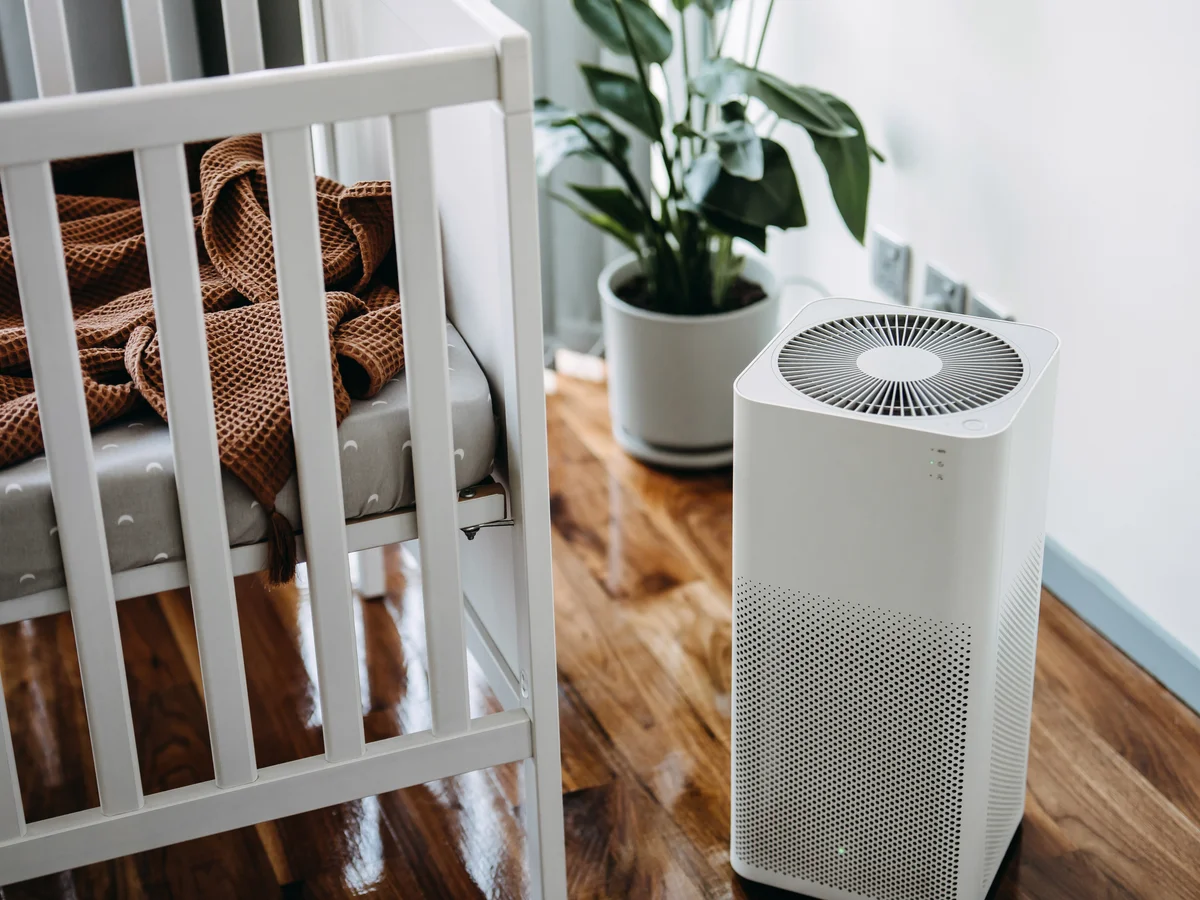
With the increasing concerns about airborne viruses, many people are turning to air purifiers as a potential solution for keeping indoor spaces safer. But do air purifiers actually help with COVID-19 and other viruses? This article explores how air purifiers work, their effectiveness in filtering viruses, and what to look for in the ultimate home air purifiers.
How Do Air Purifiers Work?
Air purifiers are designed to remove airborne contaminants, including dust, pollen, pet dander, mold spores, bacteria, and viruses. They use various filtration methods, such as High-Efficiency Particulate Air (HEPA) filters, activated carbon filters, and ultraviolet (UV) light technology, to clean the air and improve indoor air quality.
HEPA filters are particularly effective at trapping tiny particles, including some viruses, due to their ability to capture particles as small as 0.1 microns. Since the SARS-CoV-2 virus (which causes COVID-19) is approximately 0.1 microns in size, a high-quality HEPA filter can help reduce its presence in the air.
Can Air Purifiers Remove COVID-19 and Other Viruses?
While air purifiers cannot completely eliminate the risk of COVID-19 transmission, they can help reduce airborne virus particles. Here’s how:
- HEPA Filtration: A HEPA filter can capture respiratory droplets that contain viruses, preventing them from circulating in the air. The U.S. Environmental Protection Agency (EPA) confirms that HEPA filters can reduce airborne contaminants, including viruses, but should be used alongside other preventive measures.
- UV-C Light Technology: Some air purifiers feature UV-C light, which can deactivate viruses by breaking down their DNA or RNA. However, for UV-C to be effective, the exposure time must be sufficient, and the purifier must be designed to prevent direct human exposure.
- Activated Carbon Filters: These filters can absorb volatile organic compounds (VOCs) and odors but are less effective at directly eliminating viruses.
- Electrostatic Precipitators and Ionizers: These technologies charge airborne particles so they adhere to surfaces or get trapped in filters. While they can help reduce airborne contaminants, some may produce ozone, which can be harmful in high concentrations.
The Role of Air Purifiers in a COVID-19 Prevention Strategy
Air purifiers alone are not enough to prevent COVID-19, but they can be a useful part of a broader strategy that includes:
- Regular Ventilation: Opening windows and ensuring proper air circulation reduces the buildup of airborne viruses.
- Mask-Wearing and Social Distancing: These remain key protective measures in reducing virus transmission.
- Regular Cleaning and Disinfection: Surfaces should be disinfected frequently to minimize indirect virus spread.
Choosing the Ultimate Home Air Purifier
When selecting an air purifier for virus protection, consider the following features:
- True HEPA Filter: Ensure the purifier has a true HEPA filter (not HEPA-like or HEPA-type) with a rating of H13 or H14 for maximum filtration efficiency.
- Coverage Area: Choose a model that suits the size of your room to ensure optimal air purification.
- Clean Air Delivery Rate (CADR): A higher CADR indicates faster and more efficient air filtration.
- UV-C Technology: If opting for UV-C, ensure the purifier is from a reputable brand and that the UV light is safely enclosed.
- Quiet Operation: If using the purifier in bedrooms or offices, look for a model with quiet operation to avoid disturbances.
- Smart Features: Some air purifiers offer air quality sensors, automatic fan adjustments, and app connectivity for enhanced convenience.
Final Thoughts
While air purifiers cannot single-handedly stop the spread of COVID-19 and other viruses, they can be an important tool in improving indoor air quality and reducing airborne contaminants. For the best results, use a high-quality HEPA air purifier alongside other safety measures like ventilation, hygiene, and social distancing. Investing in the ultimate home air purifier can contribute to a healthier and cleaner indoor environment for you and your family.